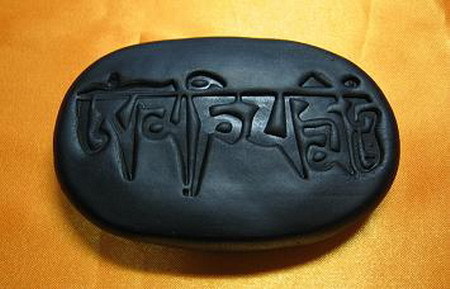Chinese tea cream, a tea lovers’ dream
Tea cream, solid cream extracted from liquid tea for drinking, was once the exclusive enjoyment of Chinese emperors of the Qing Dynasty (1644-1911), and has served for centuries as a Chinese national gift to foreign countries. At the current British Museum, tea cream is the subject of one of its collections.
Tea cream was first discovered during the Tang Dynasty (618-907) by the poet Lu Yu, when he found that tea liquid would turn to cream when processed. Later, during the Song Dynasty (960-1279), tea cream became popular and still exists to this day.
 |
During the Qing Dynasty, the making of tea cream required 186 processes and 72 days in total for the royal family, completely unlike the simple folk methods, which used roughly 331 pounds of spring water and 110 pounds of tea to produce around 16.5 pounds of tea cream via five processes. Because of its low production, royal tea cream had still never come to the common people at that time.
There was a story about tea cream. Both in English and in Chinese, it was recorded that King George II of Great Britain sent a special emissary to celebrate the birthday of the Qianlong Emperor of the Qing Dynasty (1644-1911) in 1792, and was later bestowed with various gifts, including tea creams. But the British counterpart didn’t know how to use the stuff, and these tea creams were sealed and, it is said, showcased at the British Museum today.
At a 2004 auction in Guangzhou, the deal for a tea cream of three grams in weight was closed at 12 thousand RMB. Why such a high price? Because it was a tribute to the Qing royal family.?






















